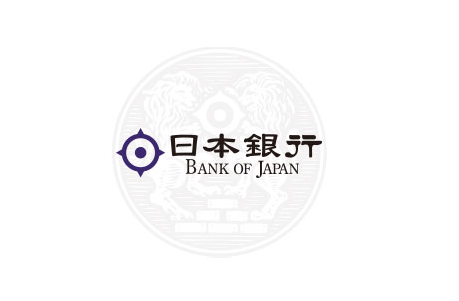LOC12:34
09:34 GMT

TOKYO, March 19 (KUNA) -- Japan's central bank raised interest rates on Tuesday for the first time in 17 years, scrapping the negative interest rate policy as its 2 percent inflation goal is "in sight."
After a two-day policy meeting, Bank of Japan's (BOJ) Governor Kazuo Ueda and his eight board colleagues decided to guide overnight lending rates to 0 percent to 0.1 percent, up from minus 0.1 percent to 0 percent, the first rate hike since 2007, according to a statement released by the BOJ.
The central bank will also abandon its yield-curve control policy, which kept 10-year Japanese government bond yields at around zero percent, in addition, it will end purchases of exchange-traded funds and Japanese real estate investment trusts.
Since 2016, the BOJ has applied a negative interest rate of minus 0.1 percent to part of accounts held by financial institutions at the central bank.
The Policy Board "assessed the virtuous cycle between wages and prices, and judged it came in sight that the price stability target of 2 percent would be achieved in a sustainable and stable manner," the statement said.
Given the current outlook for economic activity and prices, the BOJ anticipates that "accommodative financial conditions will be maintained for the time being," it said.
The central bank also said the world's third-largest economy is likely to continue recovering moderately for the time being, supported by factors such as the materialization of pent-up demand, although it is expected to be under downward pressure stemming from a slowdown in the pace of recovery in overseas economies. (end)
mk.lr